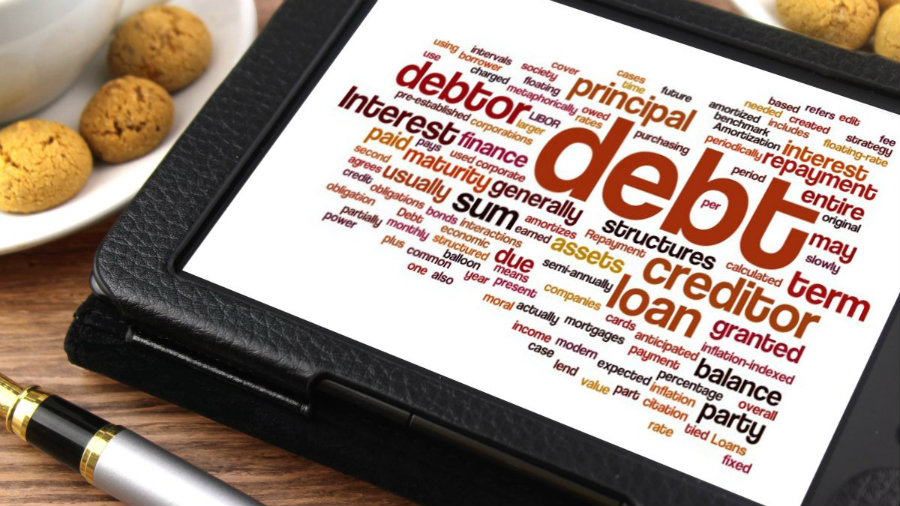For many people, being in debt is a part of life. Paying for a car or a house often requires borrowing. As long as the amount borrowed is sensible compared to your income, the cost of servicing the debt remains affordable and financial difficulties do not arise.
However, paying off debts is a central goal in many people’s lives. The idea of owing others can be an uncomfortable situation, even if the repayments are affordable. Therefore, when interest rates are higher than the income return from assets such as shares and bonds, the logical thing to do is to pay off debts as quickly as possible.
That is not the situation at the present time. It is possible in countries across the globe to borrow at a lower rate than the income return on national stock markets. For example, in the US the S&P 500 yields 2.2% at the present time and interest rates are just 0.5%. Similarly, in the UK interest rates are 0.25% and the FTSE 100 yields 3.7%. Therefore, it is possible to borrow at a low rate and generate a higher income return from investing in a diversified range of companies.
Clearly, this idea is not without risk. Interest rates in the US are forecast to rise over the medium term and this could cause the profit generated from investing borrowed money to be reduced. However, the Federal Reserve continues to adopt a dovish stance which means that there is just one rate rise forecast for the next year. In fact, US interest rates are expected to be 2.25% in 2020, which is still relatively low and only 5 basis points higher than the S&P 500’s yield.
Another risk from investing borrowed money is that the value of the asset purchased can fall. A 2.2% income return on the S&P 500, for example, would be of scant consolation if the index dropped by 10% or more. And if a recession hit and caused uncertainty regarding employment, an investor’s ability to repay debts could come under pressure.
However, the idea of investing borrowed money still has merit. What it could mean in practice is that instead of rushing to pay off debts as quickly as possible, an individual maintains a level of debt over the medium term which remains very affordable and within their financial means. This money could be used to invest in a diversified portfolio of shares in order to generate higher returns for the investor.
While this will increase the overall risk profile of a portfolio, the potential rewards would also be boosted. The end result may be a superior risk/reward ratio which means that a debt free life may not be the most efficient use of capital at the present time.
How can you find the best stocks for your portfolio?
Of course, finding stocks that are worth adding to your portfolio is a tough task, which is why the analysts at The Motley Fool have written a free and without obligation guide called 10 Steps To Making A Million In The Market.
It’s a simple and straightforward guide that could make a real difference to your portfolio returns. As such, 2016 could prove to be an even better year than you had thought possible.
Click here to get your copy of the guide – it’s completely free and comes without any obligation.








